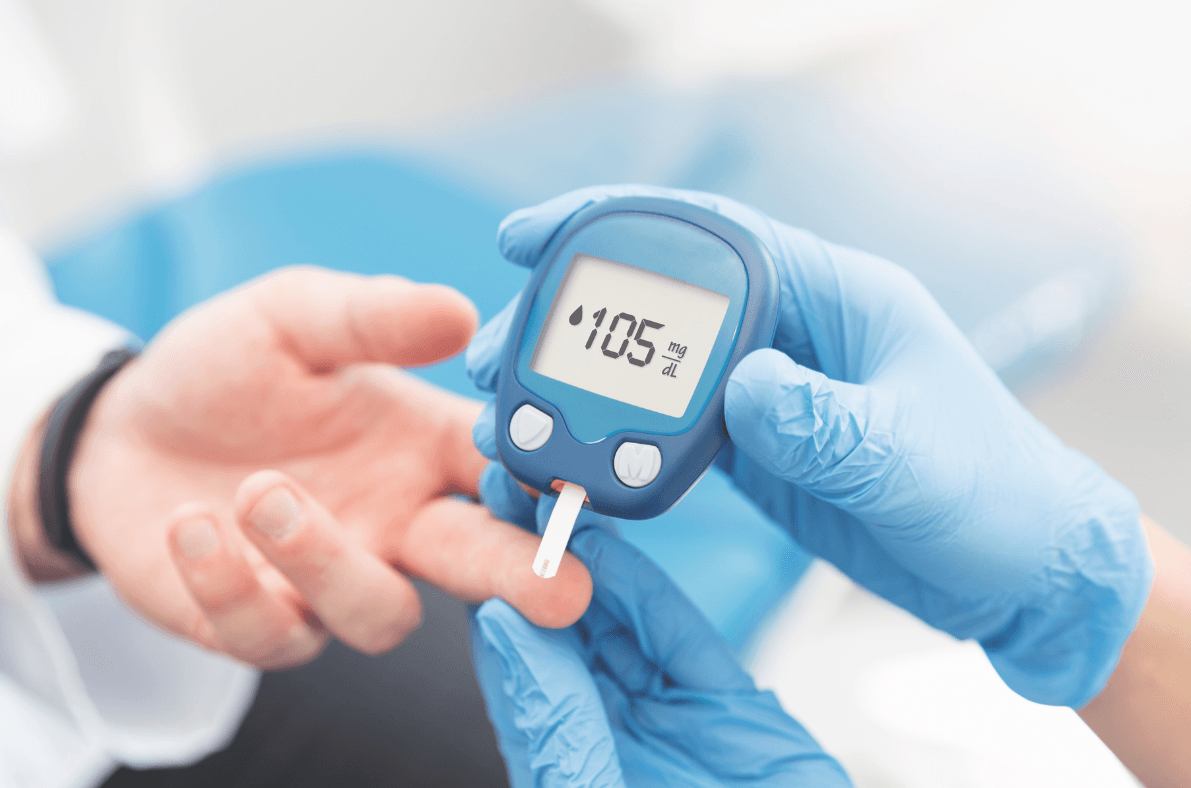Registering with a doctor

The National Health Service (NHS) is a state-run health service providing free healthcare to eligible UK residents. It does not provide free dental or optical care. Most people have to pay a standard charge for medicine that a doctor prescribes.
Who is eligible?
You are eligible for NHS care if:
you are an EU/EEA student
you are a non EU/EEA student enrolled on a course of study for six months or more
you are a non EU/EAA student from a country with a reciprocal arrangement with the UK
Visit the Department of Health website for more details about NHS eligibility.
The NHS provides free treatment to anyone for psychiatric emergencies or if there has been a serious accident. It does not provide free follow-up treatment after an accident.
If you are eligible for healthcare, you will need to register with a local doctor/general practitioner (GP) in the area that you live.
Find a Doctor
If you are new to London, it is important that you register with a General Practitioner (GP) doctor as soon as possible, so that you have easy access to healthcare when you need it.
The University has taken the time to find the best GP practice for our students, taking into account location, patient satisfaction and CQC ratings (Care Quality Commission).
To register with the below GP, click on the link and fill in the online registration form. There is no need for ID or proof address.
Marylebone Hall
The Westend
Harrow
Raffles House, Wembley
Alexander Fleming, Hoxton
Click here to register with your local NHS GP Service
You can also check out the Improving Access to Psychological Therapies (IAPT) services that are close to where you live:
IAPT Postcode Checker.
How does it work?
You will need to contact the GP of your choice to see if they are accepting new patients. You will then be asked to go to the clinic to register. You will be asked to take some documents (eg proof of residency, the course you are enrolled on, your student ID or your passport). You will be asked to fill in a form about you and your health history. A simple check-up will be arranged with a nurse.
What are the benefits?
Registration entitles you to:
free consultation with your GP
free hospital treatment in Accident and Emergency (A&E), Minor Injuries & Walk-in Units
free hospital treatment with a specialist or consultant, if recommended by your GP
free contraception and sexual health services
free maternity services
Getting an appointment with a hospital specialist can take many weeks, even if your GP has referred you. Many people in the UK choose to take out private medical insurance so they can be seen more quickly, but this can be expensive.
Medications and prescriptions
If you have a long-standing health problem, or require regular prescription medicine, please ensure you have a summary of your medical condition and needs from your previous doctor. For students who are joining the University from abroad, you need to be aware that some medicines are different in the UK, or may not be regularly prescribed for certain conditions. Register with a doctor as soon as possible after your arrival or visit the Student Health Services for help and advice.
If you need help with prescription costs,
visit the NHS website.
Vaccinations
One part of ensuring that you are safe when moving into halls (or joining university) means knowing that you are vaccinated for the most common infections that students get.
Although a lot of infections have been wiped out such as Polio, it does not mean that they cannot come back. The Department of Health recommends that vaccinations are kept up to date.
Your current GP can tell you which vaccinations you have already had and if you should update any.
Find out
how to protect yourself from infections during your studies, including what symptoms to look out for and where to get help and advice.
Travelling and health
If you go on holiday within the UK, you are eligible for treatment anywhere. Make sure you take your NHS card or number with you. In an emergency you can see a GP anywhere – or visit the local A&E, Minor Injuries or Walk-in Unit.
If you go travelling within the European Union (EU), you may be eligible for free medical treatment, but you must first obtain the European Health Insurance Card (EHIC). It is free and allows you to access medical help at a reduced cost while you’re travelling abroad. The easiest way to apply is online, by
visiting the NHS healthcare abroad webpages. Student Health Services also provide registration forms for the EHIC card.
Note that you cannot apply for an EHIC until you have registered on the NHS. If you are not entitled to the EHIC, ensure you take out private health insurance before travelling.
If you go travelling outside the EU/EEA,
visit the Department of Health website to check whether the country has a reciprocal healthcare agreement with the UK. If there is no reciprocal arrangement, you must take out private health insurance. Extreme sports (eg bungee jumping, tomb-stoning) and many snow or water sports require additional insurance.
Emergencies
If there's an emergency on campus, call 5555 from a Campus landline or 02079115000 ext 5555 from your mobile (it's a good idea to have this number saved) to alert a first-aider.
If you're off campus, the emergency number in the UK is 999.
For more information on campus and off-campus emergencies, see our
Emergencies page.











